Exciting news coming from India – the Indian Army has showcased some retrofitted electric Gypsies at the Army Commanders Conference in New Delhi. These vehicles were created through a joint effort between the Indian Army Cell, IIT-Delhi, and Tadpole Projects, a startup incubated under the prestigious Indian Institute of Technology (IIT)-Delhi.
The Indian Army is conducting this year’s Army Commanders Conference in a hybrid format, utilizing technology to ensure secure communication. The conference serves as a crucial institutional platform for high-level discussions and policy decisions within the Army. Some of the key initiatives being reviewed at the forum include the ‘Year of Transformation-2023,’ digitization and automation efforts, Combat Engineer’s tasks, work aspects, and budget management.
But back to those electric Gypsies – they’re pretty impressive. They used to consume INR 1,200 to travel 120 km, but now they only consume INR 200 to cover the same distance! This means the Indian Army will save a lot of money by converting their old vehicles into new ones with modern technology. Plus, the retro-modified Gypsies produce zero emissions, while the petrol variant used to emit 3.3g of carbon per km. They also provide a noise-free driving experience and faster acceleration thanks to their higher torque.
Each of these retrofitted Gypsies uses a 21.7 KW battery (72V, 300 Ah), has a range of 120 km, and takes 9 hours to charge using a 15 Amp charger (80% charge in 54 mins). They can go up to 70 Km/Hr and cost INR 5,78,200/- per vehicle. The motor comes with a two-year warranty, while the battery has a five-year or three-year warranty, depending on the type.
So, how were these vehicles converted? The process involved removing the engine, fuel tank, exhaust, and related assemblies, and fitting a PMS motor (Permanent Magnetic Synchronous) with an LFP battery (Lithium-Iron Phosphate).
This collaboration between the Indian Army, IIT-Delhi, and Tadpole Projects is an excellent example of what can happen when different sectors come together to solve problems. It sets a great precedent for future advancements in sustainable transportation.



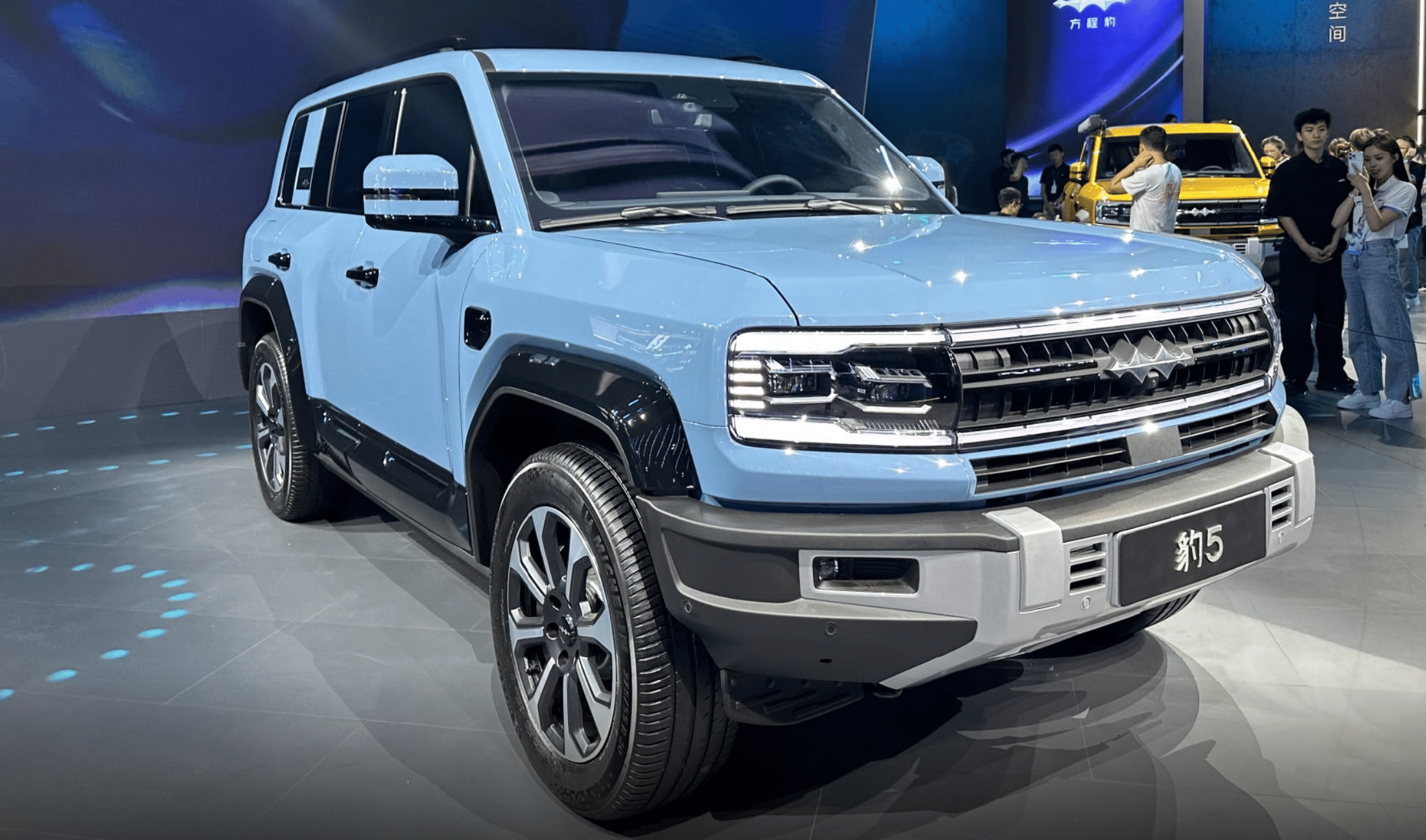
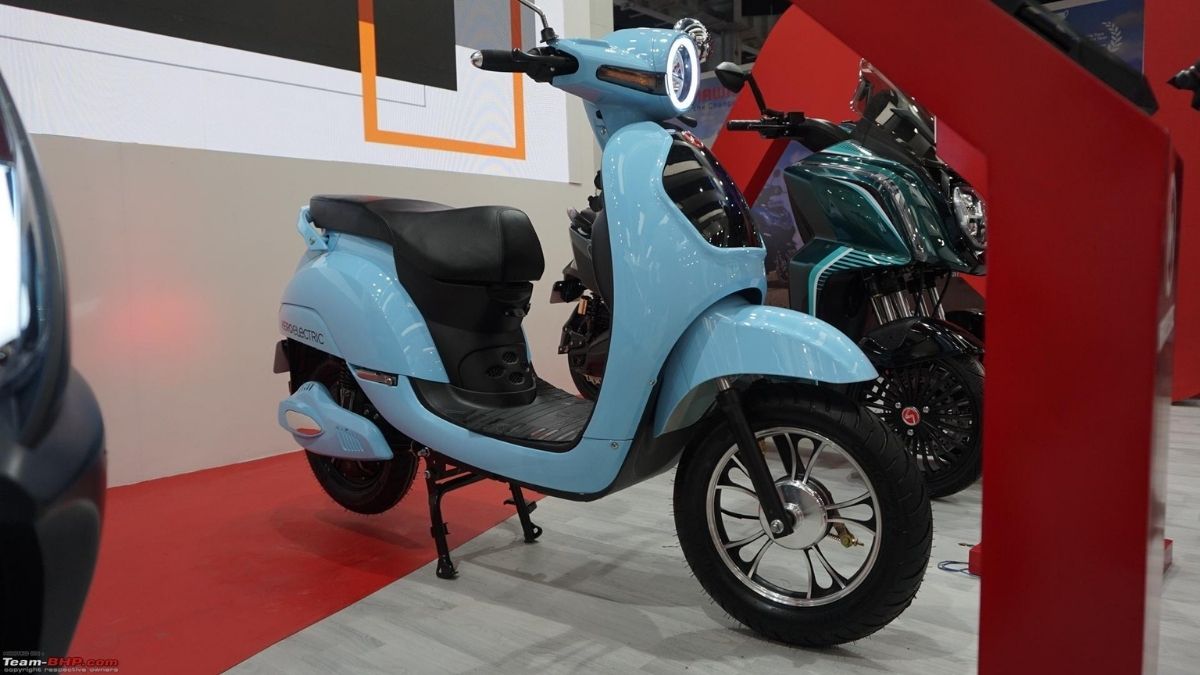
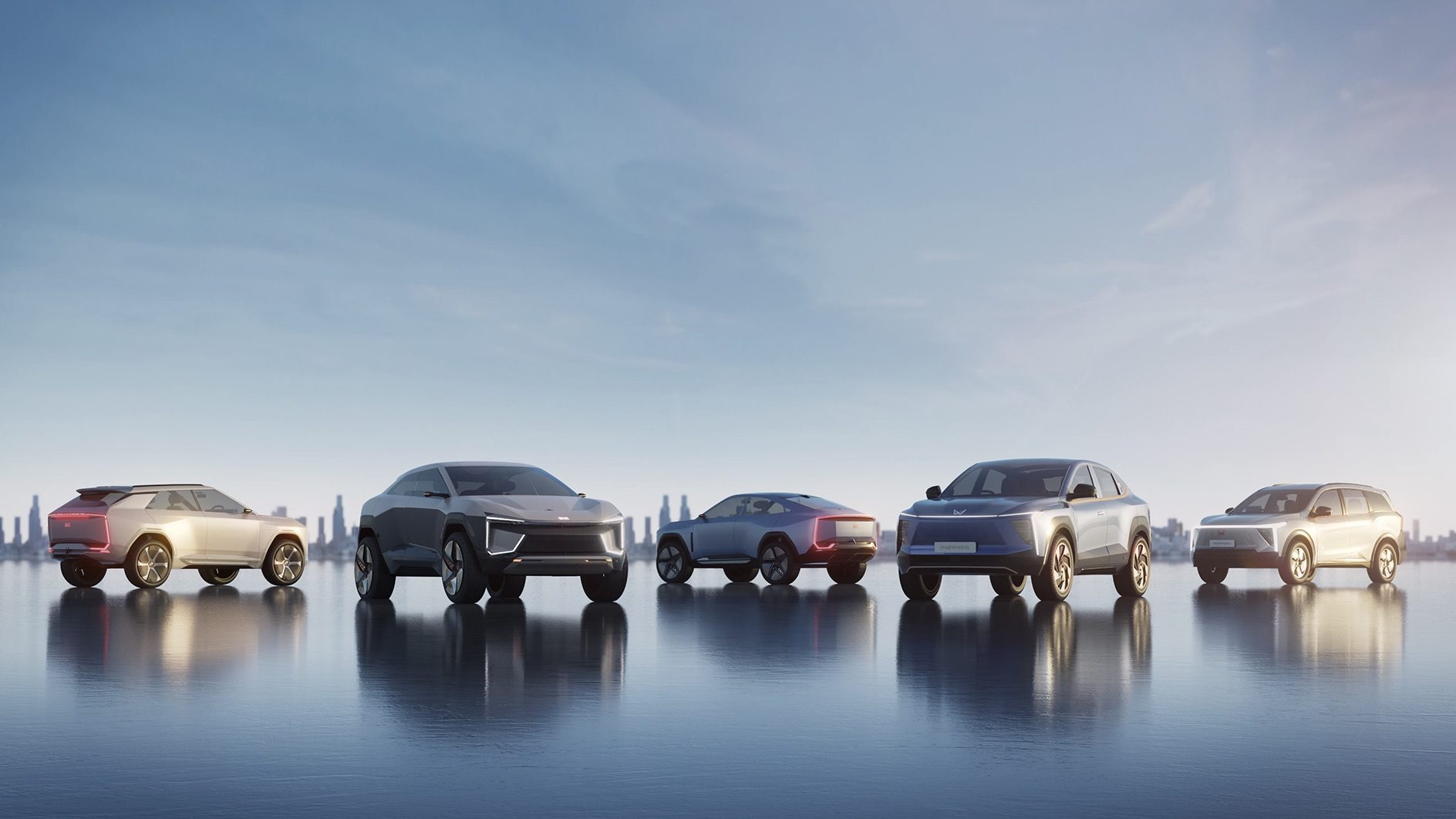
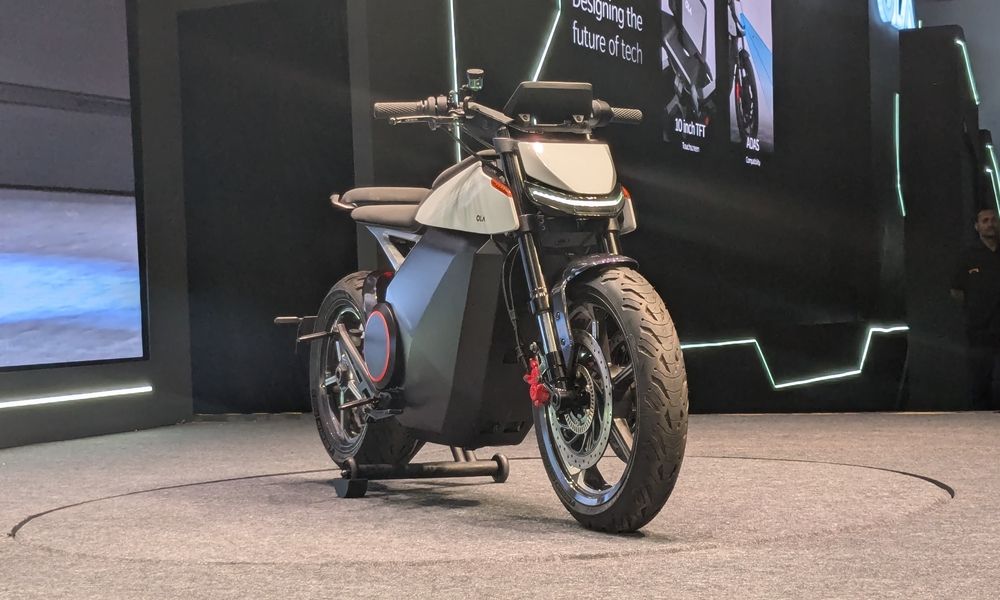
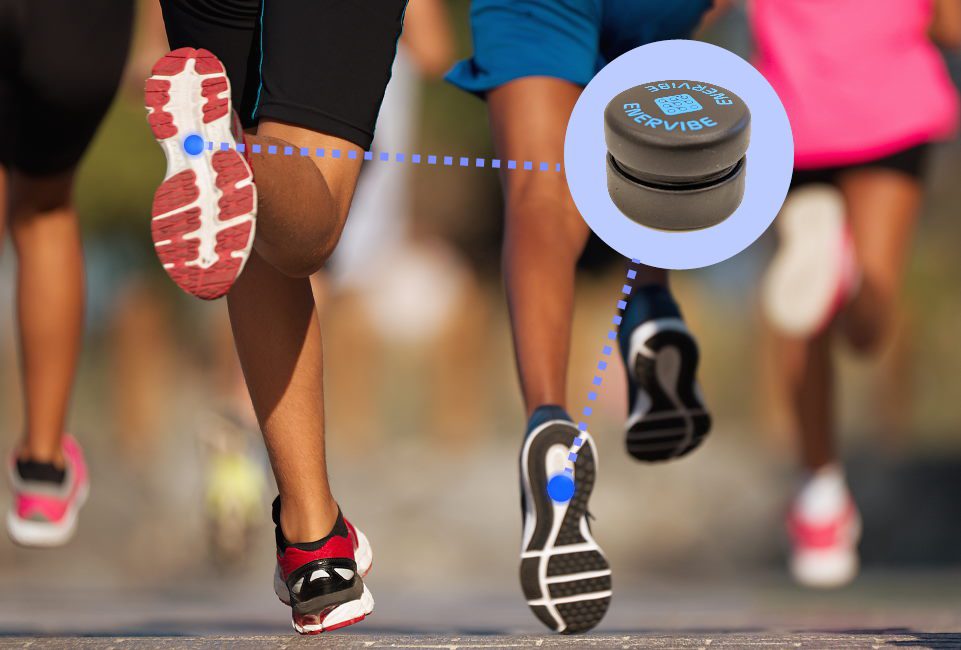
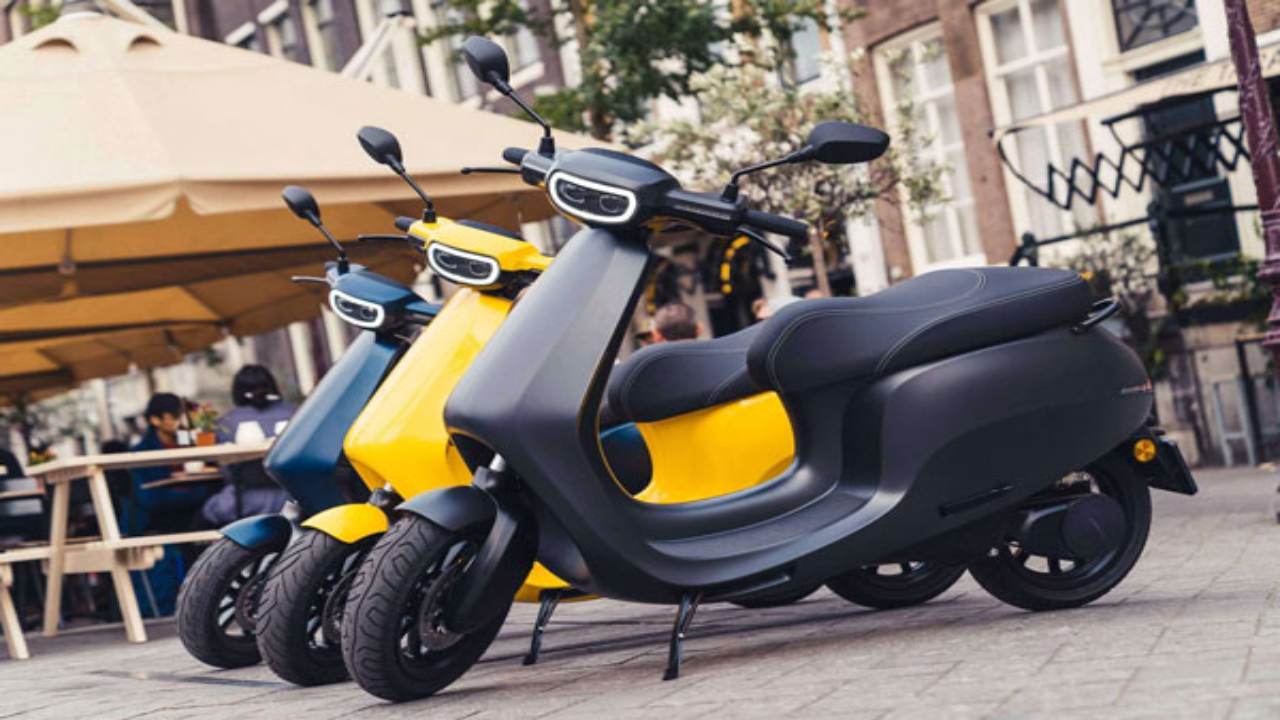


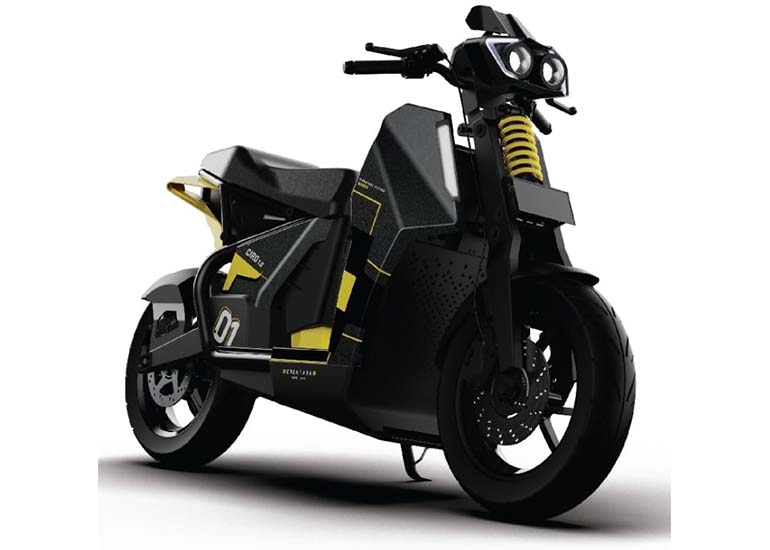
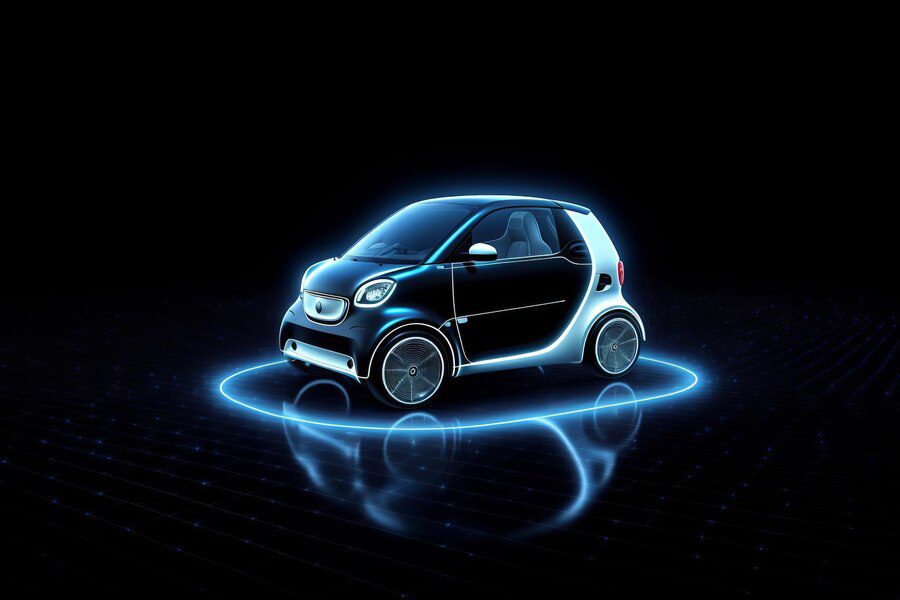

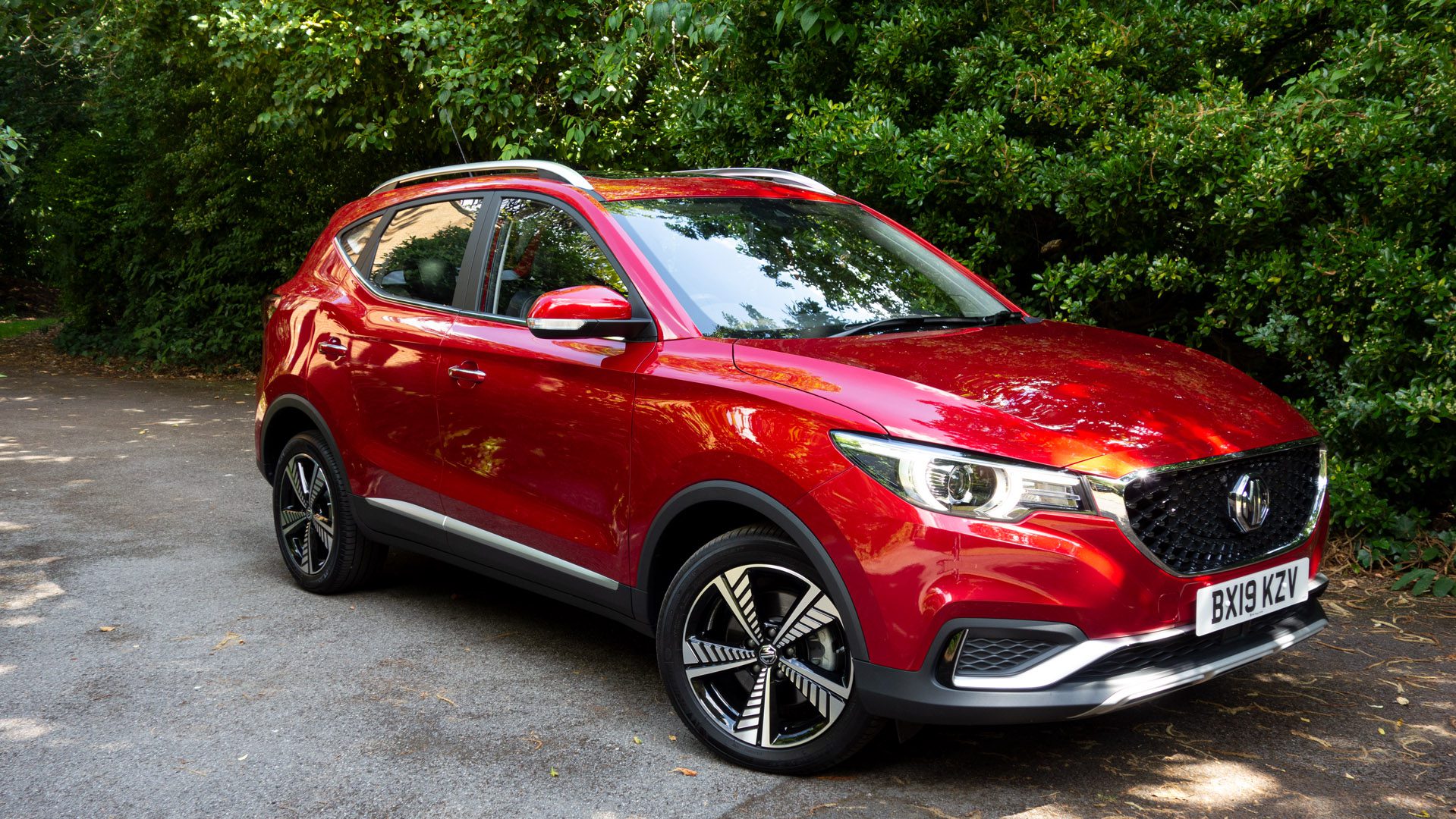






Leave feedback about this